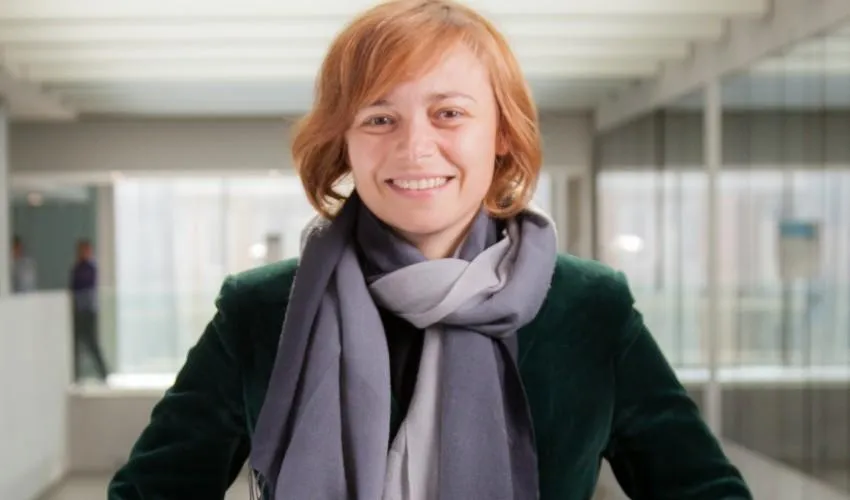
Curing from Afar
Amelia Compagni, Associate Professor at Bocconi Department of Social and Political Sciences, is the principal investigator of "THE TELIOT PROJECT: TELemedicine for Improving adherence with anti-Osteoporotic Therapies," a research project funded with a €125,000 grant by Fondazione Cariplo. It aims to develop a better understanding of what contributes to medication adherence in patients with chronic diseases and to predict the risk of non-compliance.
The COVID-19 pandemic shifted everyone's focus on communicable diseases, but non-communicable ones are responsible for more than 70% of the world's deaths in normal times (41 of the 57 million in 2016).
Pharmacotherapy can control chronic, non-communicable diseases and improve patients' quality of life. According to the World Health Organization, though, the prevalence of non-adherence to pharmacotherapy is so alarming that the implementation of improvements in adherence to existing treatments may result in more health benefits than the development of new treatments.
"With our project, we aim at assessing the impact of telemedicine and enhanced telemedicine (i.e., in combination with m-health in the form of an app at the disposal of patients) on the adherence to medications in osteoporotic patients, and, ultimately on their health status," Professor Compagni says. "We will also explore the experience of patients and physicians with telemedicine and enhanced telemedicine. Data collected will allow us to develop a model able to predict the risk of non-compliance with anti-osteoporotic drugs."
The project combines two research studies. The first will be a retrospective study on 80 osteoporotic patients that during the COVID-19 emergency were switched from face-to-face consultations to telemedicine-based consultations. The interest in telemedicine promptly re-emerged during the COVID-19 crisis, in fact, and an unparalleled surge in telemedicine and a substantial shift to telehealth visits has been observed in the last year.
The results of the retrospective study on patients' behavior and their perception of telemedicine will inform a randomized prospective study comparing 210 osteoporotic patients (residents of the Lombardy region) involved in either face-to-face consultations, telemedicine-based consultations, or enhanced telemedicine-based consultations (i.e. provided with an app to contact clinicians for a consultation outside of set appointments).
"Osteoporosis represents an ideal scenario for poor medication adherence, since it is a long-term disease that is asymptomatic until a fracture occurs, and the benefits perceived by patients taking anti-osteoporotic drugs are barely tangible until assessments on the density of bones are performed," Prof. Compagni explains.
The project will put together researchers from Bocconi (Benedetta Pongiglione), Humanitas (Gherardo Mazziotti and Andrea Lania), and Politecnico di Milano (Andrea Aliverti and Maria Laura Costantino).